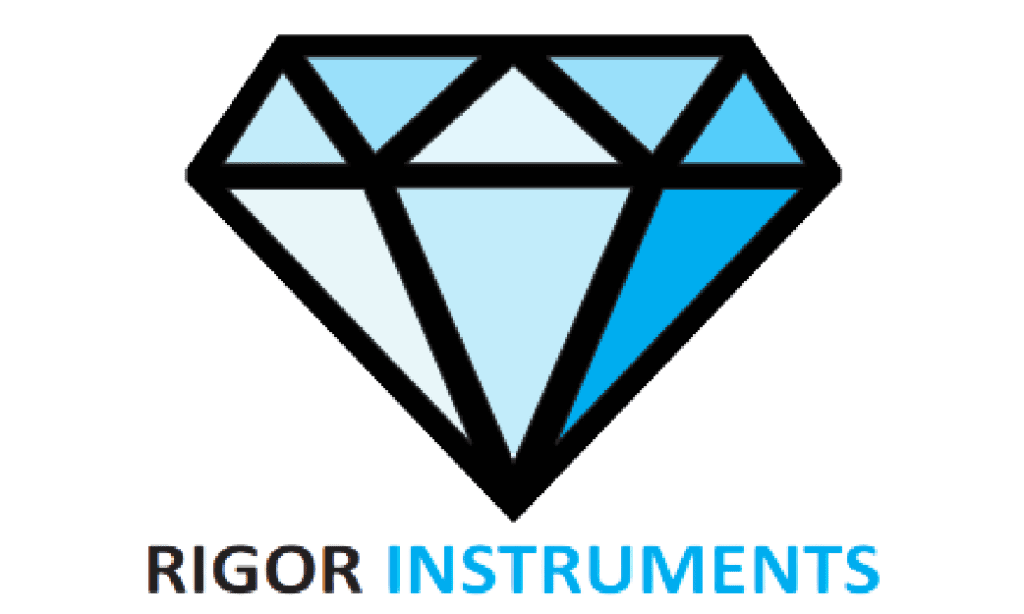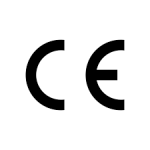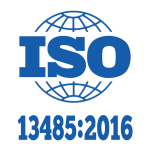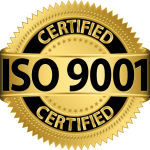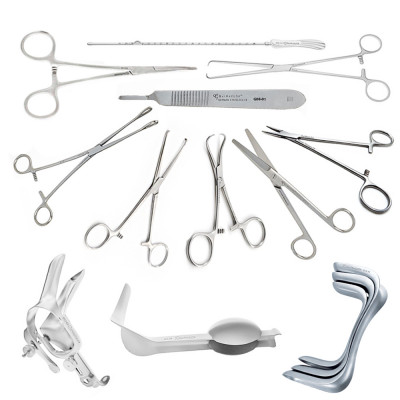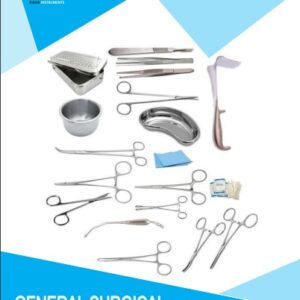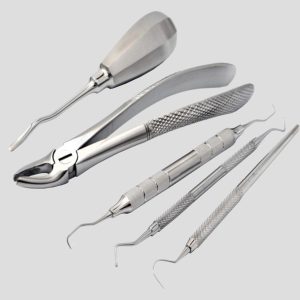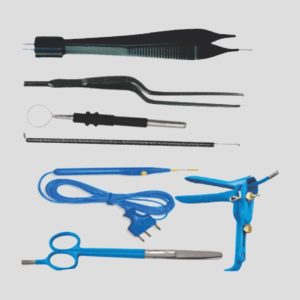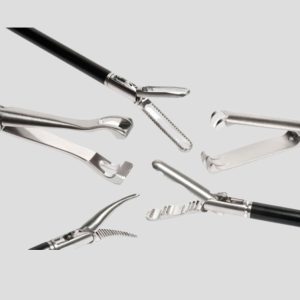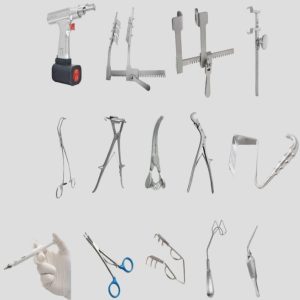Healthcare in Pakistan has advanced greatly with the evolution of medical devices in Pakistan. Modern innovations have transformed patient care. They have also improved diagnostic precision and simplified therapy methods. These advancements have set new standards in the medical field. This article delves into how medical devices in Pakistan are pushing boundaries. They are leading to innovation and changing the field of medicine for a brighter, healthier future.
The Role of Neuro Surgical Instruments in medical industry
Neurosurgical instruments lead modern medical progress. They enhance neurological procedure accuracy and effectiveness significantly. In Pakistan, adopting these tools transforms surgical methods. It also remarkably enhances patient outcomes. The most recent innovations in neurosurgical instruments enable precise execution of difficult surgeries, resulting in enhanced patient health and faster recovery times.
Neurosurgeons rely mostly on the accuracy and efficiency of these modern devices as they negotiate the challenges of sensitive brain and spinal cord surgery. Neurosurgical innovations have evolved over time. Modern microscopes and neuronavigation systems are highly advanced. They have revolutionized the discipline. These advancements enable minimally invasive operations. This results in quicker recovery times, less post-operative discomfort, and lower risk of problems. Patients benefit greatly from these developments. They experience improved outcomes and a higher quality of life.
Furthermore, having access to these tools at the best hospitals in Pakistan guarantees that patients receive exceptional treatment locally rather than having to fly outside. This availability is revolutionary, especially to individuals in need of immediate brain treatments.
Advancements in Electro Surgical Instruments
Electrosurgical instruments changed surgery. They bring precision and efficiency. Surgeons use them for accurate procedures, reducing tissue damage and speeding up recovery. These tools control bleeding and improve patient outcomes. In Pakistan, surgeons increasingly adopt electrosurgical instruments. They benefit surgical practice and enhance medical training in hospitals.
Surgeons and students may now train using modern equipment, allowing them to face complicated situations confidently and skillfully. This advanced training environment assists patients by ensuring they receive the finest possible treatment, but it also helps to enhance surgical techniques in Pakistan.
Medical Devices Transforming Healthcare in Pakistan
Medical devices in Pakistan hold tremendous potential in revolutionizing the field of medicine because they are enabling doctors to examine, treat, and track their patients differently. They include basic diagnostic instruments which can be hand held as well as the advanced imaging gadgets used in disease diagnose and treatment. They allow doctors to diagnose illnesses, offer treatments, and monitor patients’ progress with speed due to their advanced features and functions. This advancement of technology can not only enhance the quality of the healthcare services being offered, but it can also significantly impact patient outcomes and overall well-being in Pakistan.
Screening tools like digital X-rays, CT scanners, and MRI machines provide information on the patient’s state. They also ensure that diseases are detected at early stages, thus facilitating appropriate treatment. Portable diagnosing equipment transport vital health care services to the door-step of those in the rural areas equalizing the urban-rural divide.
Other therapeutic gadgets like insulin pumps and cardiac pacemakers have also evolved to newer generation products. These gadgets are useful in managing chronic conditions, and enhancing the life of the patient. Such insulin pumps in use today are employed in feeding diabetics new doses of insulin besides regulating their sugar levels. Similarly, the cardiac pacemaker is an emergency device which regulates heart-rate and eliminates dangerous arrhythmia.
However, mobile health solutions and telemedicine platforms are completely transforming patient care. They include remote consultations and continuous health monitoring, and help the patients get medical advice when necessary. This is particularly helpful where the possibilities of accessing the health facility are limited.
Addressing the hurdles in the medical device sector in Pakistan
The key challenge that impacts the medical device industry in Pakistan is the challenges in the regulation of the industry and the high cost of launching new technologies in the medical care sector. The aggressive regulatory environment that involves long approval times and the absence of specific frameworks hinders the progress of innovation. Moreover, the costs of developing and manufacturing such products as well as the cost of importing such technologies are relatively high, making them hard to access. Nonetheless, current practices like the promotion of regulations, work with other key players, and investments in domestic production to mitigate some of the challenges are being carried out to increase access to effective and safe medical devices in the country.
Industry specific authorities are becoming more liberal with the new device approvals. This helps in making innovative technologies to get to the healthcare providers and the patients much faster. Besides, there is a trend of local production of medical devices, which may lessen the dependence on imports and expenses. Increased incentives and supports for local manufacturers, combined with private and public partnerships, can help the sector grow the medical device industry. Thus, it is possible for Pakistan to maintain the advancement of healthcare capabilities with the help of furthering the culture of innovation and cooperation.
The development of medical devices in Pakistan is sensational and renovating the healthcare industry day by day. From neuro surgical to electro surgical instruments, these technologies are contributing and creating better surgical practices for better patient’s result and accessible healthcare services. However, as the above discussion clarifies, the medical devices industry in Pakistan holds a great potential and possibilities of development in the future to enhance the health care service delivery systems.
